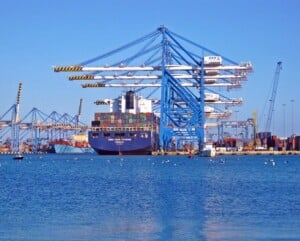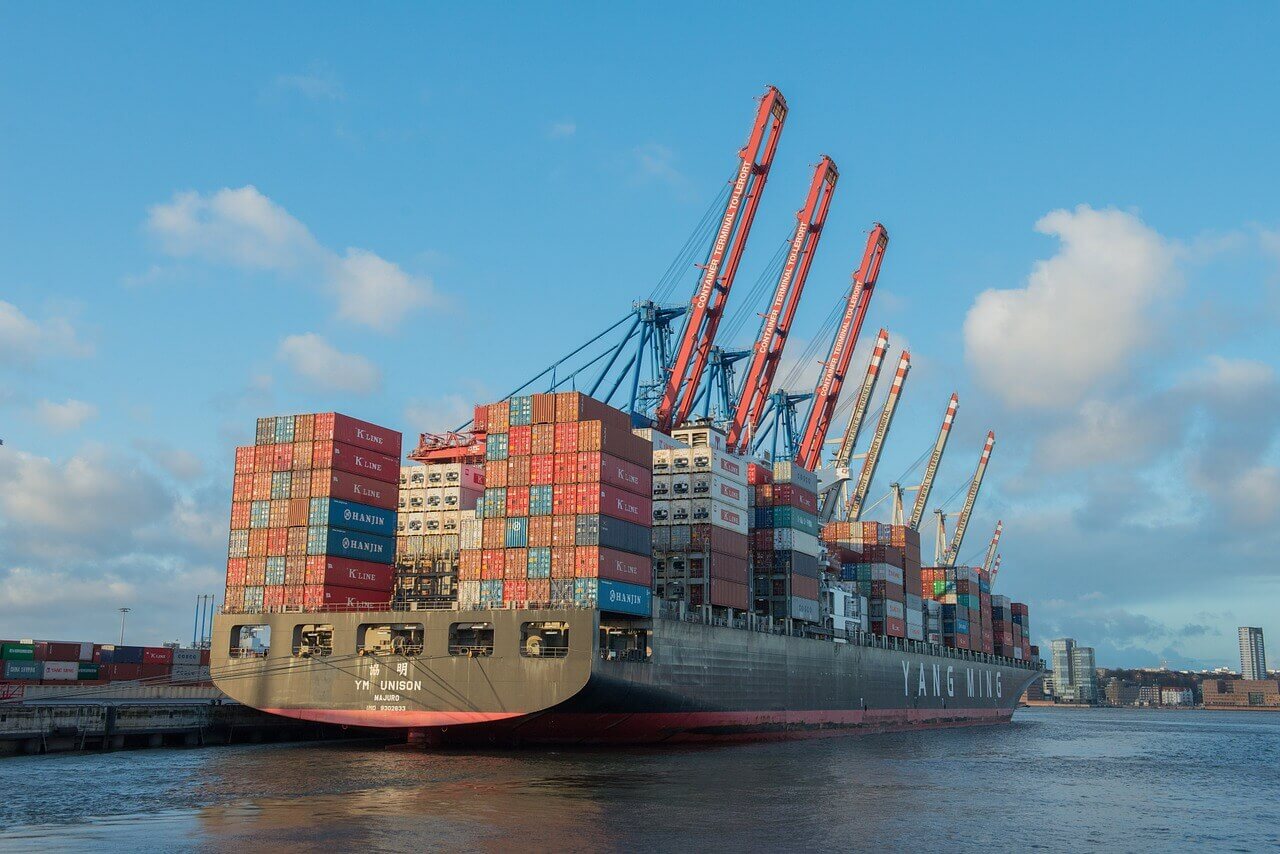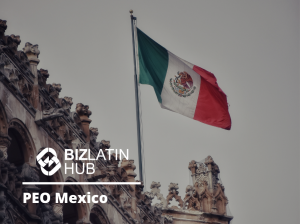Authorization to allow customs clearance must be handled by an importation agent in Mexico. As a result, if you want to import products into Mexico for business purposes, you need an experienced importing agent. In order to apply the correct taxes/duties, the importing agent must present an import requisition (issued by the Ministry of the Economy), a commercial invoice, a bill of lading, an exemption permit, and a certificate establishing the origin of the goods.
The gradual elimination and reduction of import duties was concluded in 2013 and the tariff structure now has six basic rates which are 0%, 5%, 7%, 10%, 15% and 20%; depending on the type of product being imported into Mexico. Certain products are subject to additional regulations, such as foreign manufactured medical devices and healthcare products, which must have a legally appointed representative or distributor in Mexico and must be registered with the Ministry of Health.
Companies that import goods that are listed in the customs classification schedule of the General Rules on Foreign Trade have to be registered in the Mexican Importers Registry for Specific Sectors. A special tax on production and services (IEPS) is assessed on the importation of alcoholic beverages, cigarettes and cigars, among others. These special taxes range from 25% to 160%, depending on the product.
Mexican Importation Process – Mexico’s Harmonized System Tariff Schedule (HS Code)

International trade with Mexico has increased over the past years with both importers and exporters experiencing investment success. However, if you plan on importing or exporting products for business purposes you need to know the country’s import and export codes, known as the harmonized system tariff schedule (HS code), for your particular product. The Harmonised Commodity Description and Coding System, generally referred to as the ‘Harmonised System,’ is a customs system which was developed by the World Customs Organization. The system comprises nearly 5,000 commodity groups, each identified by a six digit code, and is utilized by more than 200 countries.
For tax purposes the “country of origin” means the place where the final assembly or production of the product took place.
The HS codes for Mexico are as follows:
- (01) Section: I Live animals and animal products
- (02) Section: II Vegetable Products
- (03) Section: III Animal or vegetable fats and oils; their cleavage products; prepared edible fats; waxes of animal or vegetable origin
- (04) Section: IV Products from the food industries; beverages, spirits and vinegar; snuff and snuff substitutes prepared
- (05) Section: V Mineral Products
- (06) Section VI Products of the chemical or allied industries
- (07) Section: VII Plastics and articles thereof; rubber and articles thereof
- (08) Section: VIII Hides, skins, fur, and articles thereof; saddlery and harnesses; travel goods, handbags (purses) and similar containers; articles of animal gut
- (09) Section: IX Wood, charcoal, and wood products; cork and articles thereof; manufactures of plaiting material
- (10) Section: X Pulp of wood or of other fibrous cellulosic material, paper or cardboard for recycling (waste and scrap) paper or paperboard and articles thereof
- (11) Section: XI Textiles and textile articles
- (12) Section: XII Footwear, headgear, umbrellas, walking sticks, whips, riding crops, and parts thereof; prepared feathers and articles made of feathers; artificial flowers; articles of human hair
- (13) Section: XIII Articles of stone, plaster, cement, asbestos, mica, or similar analogous materials; ceramic products; glass and glassware
- (14) Section: XIV Natural or cultured pearls, precious or semi-precious stones, precious metals, precious metal plated and articles thereof; imitation jewelry; coins
- (15) Section: XV Base metals and articles of base metals
- (16) Section: XVI machinery, electrical equipment, and parts thereof; apparatus for recording or reproducing sound recording or reproducing apparatus of television images and sound, and parts and accessories thereof
- (17) Section: XVII Transport equipment
- (18) Section: Instruments and XVIII Optical, photographic, cinematographic, measuring, checking, precision; saddlery and harness; clocks and watches; musical instruments; parts and accessories thereof
- (19) Section: XIX Arms and ammunition, parts, and accessories
- (20) Section: XX Miscellaneous products
- (21) Section: XXI Works of art and antiques
- (22) Section: XXII Special Operations
Learn How to Import Products into Mexico

Contact Biz Latin Hub for your company formation needs
It is important to consider all of your options when expanding into the Mexican market, and a reliable company formation agent will be able to offer you invaluable advice. At Biz Latin Hub, our full suite of legal, accounting, and company formation services are delivered by multilingual teams based throughout Latin America and beyond.
Reach out to us now to find out how we can be your single point of contact to incorporate and manage your business in Mexico, or elsewhere in the region.
Learn more about our team and expert authors.




